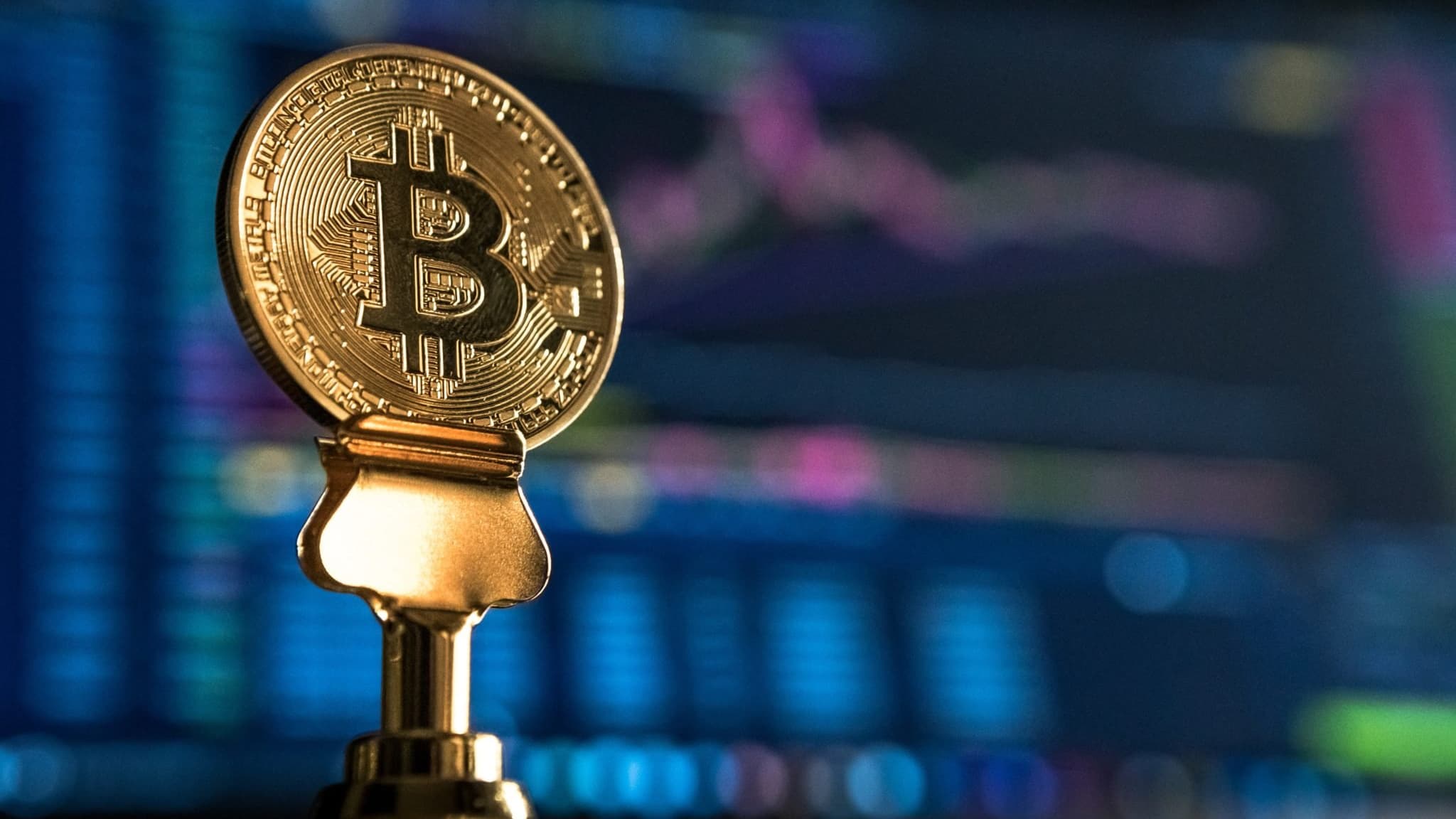
This is what Sylvain Bersinger, chief economist at Asterès, estimates, while the queen of cryptocurrencies has crossed the symbolic threshold of $60,000.
Not everyone looks favorably on the rise in bitcoin. In an article entitled “Bitcoin is soaring, so what?”, Sylvain Bersinger, chief economist at Asterès, does not beat around the bush on the queen of cryptocurrencies. For him, the evolution of the price of bitcoin has no impact on the real economy… because in reality it only concerns the microcosm of speculators.
Bitcoin is “an asset (and not a currency) used for purely speculative purposes and which is not used in the daily life of households and businesses. As a result, its fluctuations have no impact on the macroeconomic variables (growth, unemployment, inflation for example)”, we can read. “Whether bitcoin is worth 1 dollar or 1 million dollars therefore only matters for the speculators who hold it, who see their wealth increase or melt depending on price fluctuations,” adds the economist.
“Reduces its appeal”
With bitcoin exceeded the threshold of 60,000 dollars this Wednesday, February 28. The economist is also concerned about the institutionalization of bitcoin due to the arrival of spot bitcoin ETFs in mid-January, which boosted its price.
“The surge in its price even reduces its attractiveness for using it as a currency, since the interest of a currency lies partly in the stability and predictability of its future value. It is unlikely that bitcoin will replace currencies current because it does not bring useful innovation compared to existing means of payment”, we can read.
In the same vein, last week, the European Central Bank (ECB) indicated in a column that bitcoin is “practically not used for payments.” However, today, bitcoin is not just an object of speculation. In fact, bitcoin is already used to pay, its use varying from one user to another depending on their needs (because they do not have a bank account, because they want to protect their privacy or transfer money). value in another country, etc.), but also depending on certain countries.
If some countries prohibit the use of bitcoin, notably in Algeria, Morocco or China, others recognize its usefulness. El Salvador thus adopted bitcoin as legal tender in September 2021. Although the population uses it partially, the dollar remains the reference currency there. At the start of 2024, the bar of 10,000 merchants worldwide accepting bitcoin was crossed, according to data from the specialized site BTC Map. Finally, we are seeing an increase in the use of crypto payment cards which allow you to pay for any service in France with cryptocurrencies (including bitcoin).
Price surge
Two factors explain the surge in bitcoin in recent months. On the one hand, the American stock market watchdog (the SEC) authorized 11 spot bitcoin ETFs on January 10, offered in particular by asset managers like Blackrock and Fidelity. Since then, investors have been flocking to these new products. An ETF (or Exchange Traded Funds) is an index fund trading on a stock exchange which follows the evolution of a stock index (or one or more financial or physical assets, such as gold) by replicating the increase as well as the drop in the price of this index (or these assets).
Furthermore, some investors are anticipating an event that will take place on April 19: the bitcoin halving. This event consists of the halving, every 4 years, of the number of new bitcoins put into circulation on the market (as rewards to miners who validate transactions). Over the last three halvings, a reduction in the available supply of new bitcoins has caused the value of the asset to increase. Some experts anticipate a further increase in assets after April 2024.
Source: https://www.bfmtv.com/crypto/bitcoin/la-flambee-du-bitcoin-reduit-son-attrait-pour-l-utiliser-comme-monnaie-selon-un-economiste_AV-202403010086.html


